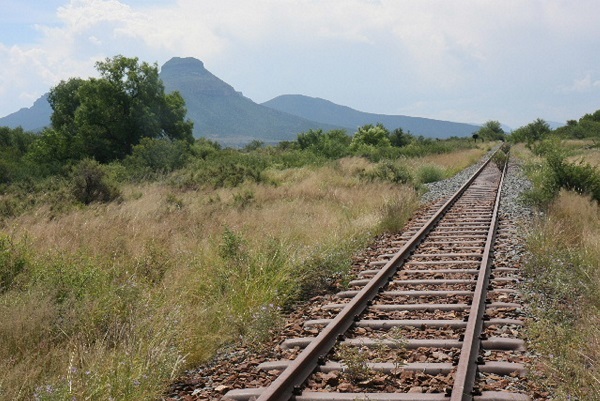Last year, Just Share and amaBhungane filed a series of access to information requests to try to establish the extent of corporate climate lobbying in South Africa. The responses demonstrate that closed-door engagement between government officials and private business on climate policy is common practice. We also discovered a lamentable lack of record-keeping about these engagements, write Caroline James and Emma Schuster.
- For more financial news, go to the News24 Business front page .
International research has identified corporate climate lobbying in South Africa as a significant threat to effective national climate change policy. 'Corporate climate lobbying' refers to efforts by the fossil fuel industry and its industry associations to delay and weaken government efforts to respond to the climate crisis, and to shape policy to suit their own interests instead of those of the broader public.
Last year, in an effort to discover just how deep this lobbying goes, Just Share and amaBhungane submitted a series of access to information requests , in accordance with the Promotion of Access to Information Act (PAIA), asking government and industry stakeholders for details of any closed-door meetings between corporates or their representatives, and policymakers, relating to climate and energy policy. The outcomes of our PAIA requests reveal not only that this lobbying is taking place, but also that there appears to be no attempt to record or preserve the nature or outcomes of these discussions. At best, this is evidence of worrying levels of disorganisation. At worst, it represents a disturbing resistance to accountability and transparency on an issue of crucial public importance. The PAIA requests The right of access to information is protected in the Constitution, as is the right to an environment that is not harmful to health or well-being. Transparency about the extent to which industry players are meeting with policymakers behind closed doors to stall or weaken climate-related policy, or to shape it to their advantage, is clearly in the public interest. Our PAIA requests were sent to Sasol, South Africa's biggest private carbon emitter and a key player in influencing government climate policy; three industry associations active in relation to energy policy: Business Unity SA (BUSA), the Minerals Council of South Africa, and the Energy Council of South Africa (ECSA); and to the departments of Mineral Resources and Energy (DMRE), Forestry, Fisheries and the Environment (DFFE), National Treasury, and the Presidency. The requests sought records relating to any government-industry engagements between 1 January 2021 and the date of response (approximately three years) on climate matters, including the agendas for and minutes of such meetings, and supporting documents such as follow-up letters, presentations, and policy recommendations. Our experience with the practicalities of the requests made it clear that the PAIA process is crying out for review if it is to be an effective, broad-based tool for realising the constitutional right of access to information. We would not have obtained any information without the dogged work of lawyers acting on our behalf, repeatedly following up with both public and private entity information officers to remind them of legislative deadlines, and essentially hassling them into providing us with a response. Not one of the respondents provided the information requested within the initial 30-day timeframe specified in PAIA. After months of follow-up letters, phone calls and emails, multiple requests for extensions, an accusation by the Minerals Council that we were undertaking a 'fishing expedition', and refusals to disclose specific documents, all parties eventually provided some information. READ | SA's fossil fuel subsidies hit a record high in 2023 - report The holes in the records The information that we did receive paints a picture of industry's regular and ongoing solicitation of government on climate policy without the knowledge or inclusion of the public. None of the parties appear to see anything concerning in this lack of transparency. For example, the Minerals Councils' response stated that it 'actively participates in engagements and consultation processes advocating for the mining industry positions in the development of South Africa's policy and regulatory approach to climate change mitigation and adaptation', but at the same time that it is 'not involved in any ' corporate lobbying' activities. Equally concerning is the incompleteness of the records, and the lack of alignment in responses from government and industry about the same engagements. Government departments appear to lack basic calendar records of when meetings took place and with whom. In many instances, where government respondents ackn











